20 Must-Buy Organic Foods and the Surprising Ones You Can Skip
Navigating the organic aisle can feel like a guessing game: which foods are truly worth the extra cost, and where can you save your money without compromising health? With concerns about pesticides on our produce growing, many of us want to make smarter choices. Fortunately, expert research offers clear guidance. This article cuts through the confusion, revealing 20 essential organic foods you should prioritize for your shopping cart, alongside the surprising items you can confidently buy conventional – helping you eat cleaner and shop smarter.
1. Leafy Greens (Spinach, Kale, Collards, etc.): Your Green Power Players
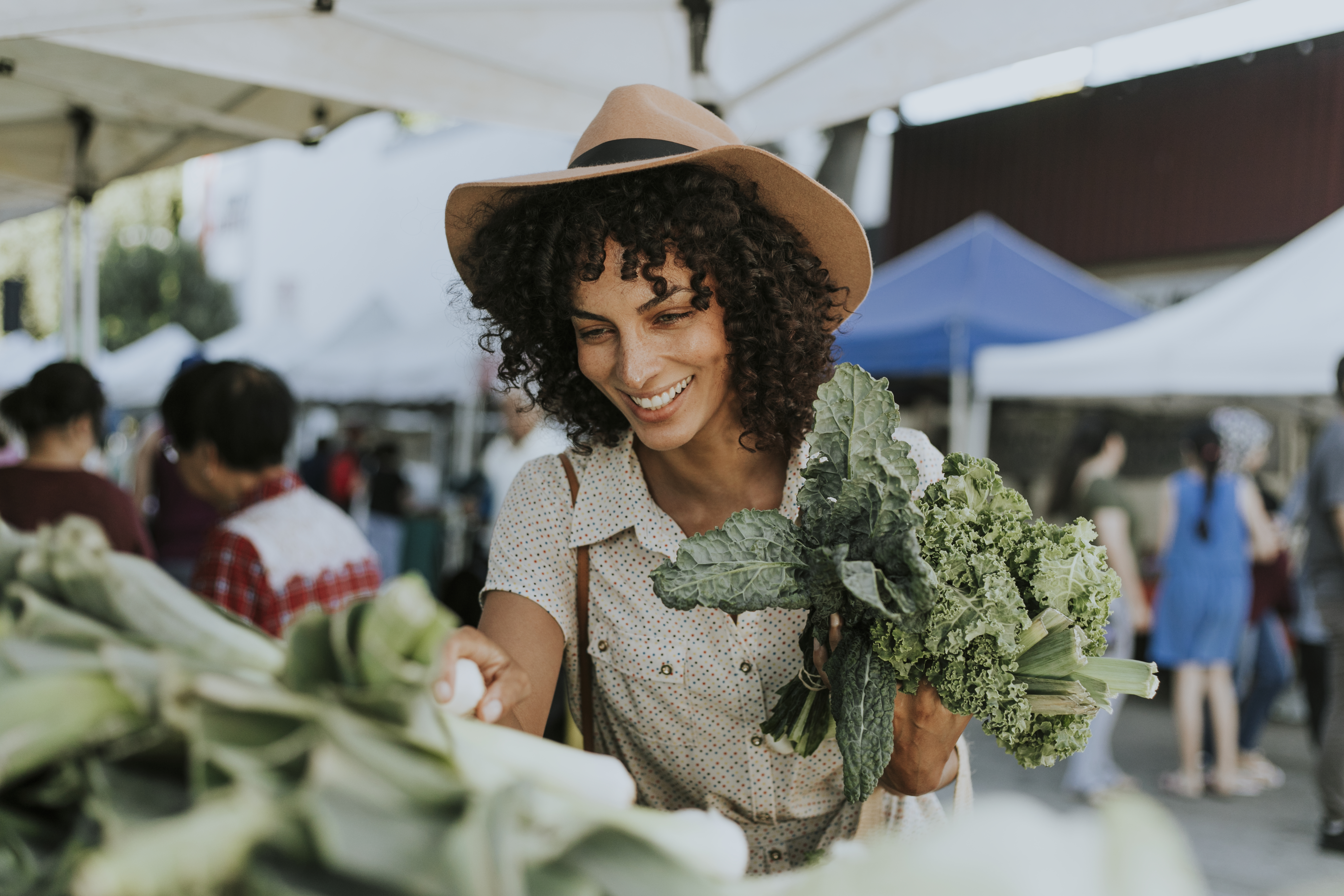
These vibrant leaves are nutritional powerhouses, but their broad, porous surfaces make them highly susceptible to pesticide absorption. Conventional farming relies heavily on various sprays to deter pests and manage weeds. By choosing organic, you ensure your salads and smoothies are packed with pure goodness, free from unwanted chemical cocktails, allowing you to fully enjoy their fresh flavor and vital nutrients.
2. Strawberries: A Berry Sweet Choice

These beloved berries are a low-calorie, nutrient-packed treat, bursting with antioxidants, potassium, and manganese. Unfortunately, their delicate nature and close-to-the-ground growth make them a magnet for pests, leading to extensive pesticide use in conventional farming. It's not uncommon for a single conventional strawberry to test positive for multiple pesticide residues. Opting for organic strawberries is a smart move to enjoy their tantalizing taste without the worry.
3. Apples: The Crispy Contender You Can't Skip

Apples consistently top the "Dirty Dozen" list, and for good reason. Around 90% of conventional apples show detectable pesticide residues, with many containing multiple types, including some banned in Europe. Since much of an apple's goodness (and potential chemical load) lies in its skin, going organic here is a no-brainer. The good news? The price difference for organic apples is often minimal, making it an easy and impactful switch.
4. Peaches & Nectarines: Thin-Skinned & Vulnerable

These juicy stone fruits are summer staples, but their thin, edible skins offer little protection from chemical sprays. Conventional peaches and nectarines are frequently treated to prevent rot and deter pests, with almost all samples showing residue of various pesticides. Even peeling might not fully remove traces. For these delicate fruits, especially when pregnant or serving children, organic is the recommended choice to avoid potentially harmful chemical exposure.
5. Pears: The Previously "Clean" Now "Dirty" Fruit

Pears recently shifted onto the "Dirty Dozen" list due to an increase in detected pesticide levels. While a fantastic source of Vitamin C and fiber, their newfound vulnerability to chemical absorption means choosing organic is now more important. Enjoy your organic Bartlett, Bosc, or Asian pears fresh, or pair them with cheese knowing you're getting pure, wholesome nutrition.
6. Tomatoes: A Versatile Veggie (or Fruit) that Needs Organic Care

Whether you slice them for a burger or simmer them for sauce, tomatoes are a kitchen staple. However, conventional tomato farming often requires significant pesticide and herbicide inputs. Organic tomatoes not only reduce your exposure to these chemicals but are often grown in healthier soil, leading to richer flavor and higher concentrations of beneficial nutrients like lutein. For healthier salsas, sauces, and salads, go organic.
7. Potatoes: The Underground Absorbers
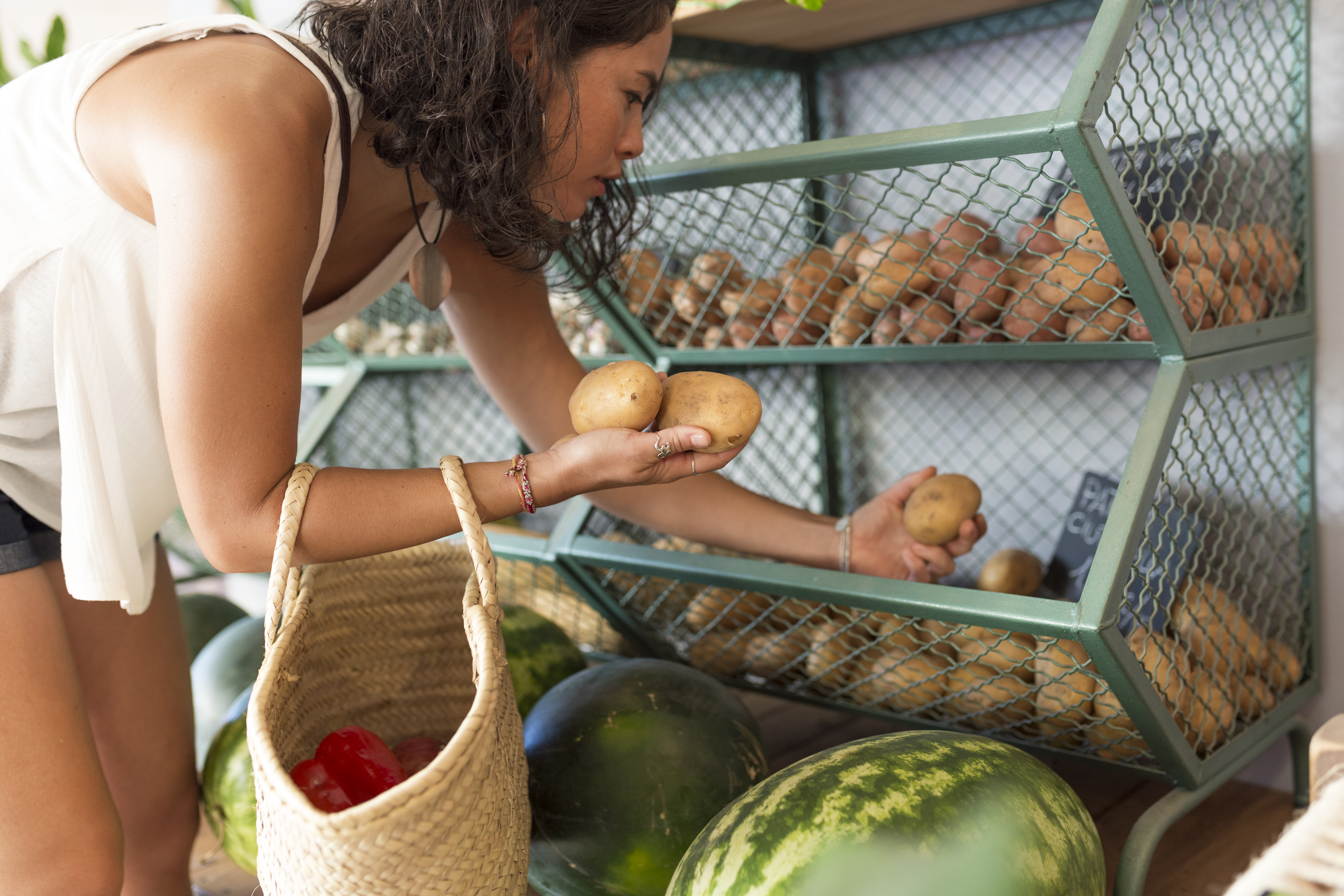
Don't let their earthy appearance fool you; conventional potatoes are one of the most pesticide-laden crops by weight. Despite thorough washing and peeling, harmful residues can persist. One particular pesticide found on potatoes has even been linked to central nervous system concerns. Given their popularity in the American diet, choosing organic spuds is a simple yet effective way to significantly reduce your exposure and enjoy a tastier, cleaner bite.
8. Grapes: Small Size, Big Concern
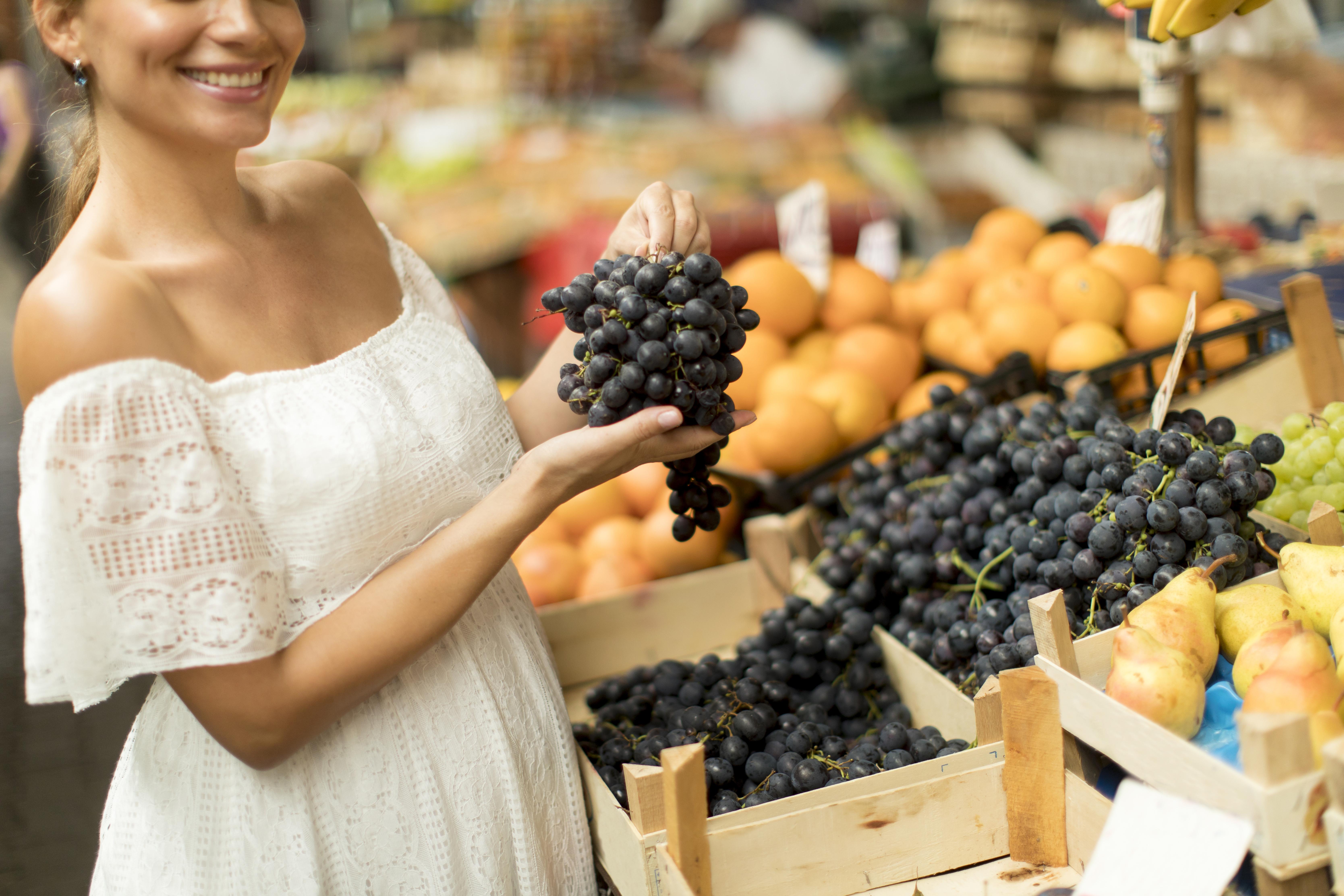
Grapes are a quick-ripening, fragrant fruit that attracts many insects, leading to heavy pesticide application in conventional farming. Alarming tests have shown individual grapes containing a multitude of different pesticides, with over 96% of samples showing residues. While organic grapes can be pricey, the sheer volume of chemicals makes them a top contender for an organic swap. If organic isn't an option, seasonal farmer's market purchases and thorough washing are key.
9. Cucumbers: Peel Away the Wax, But Not the Worry
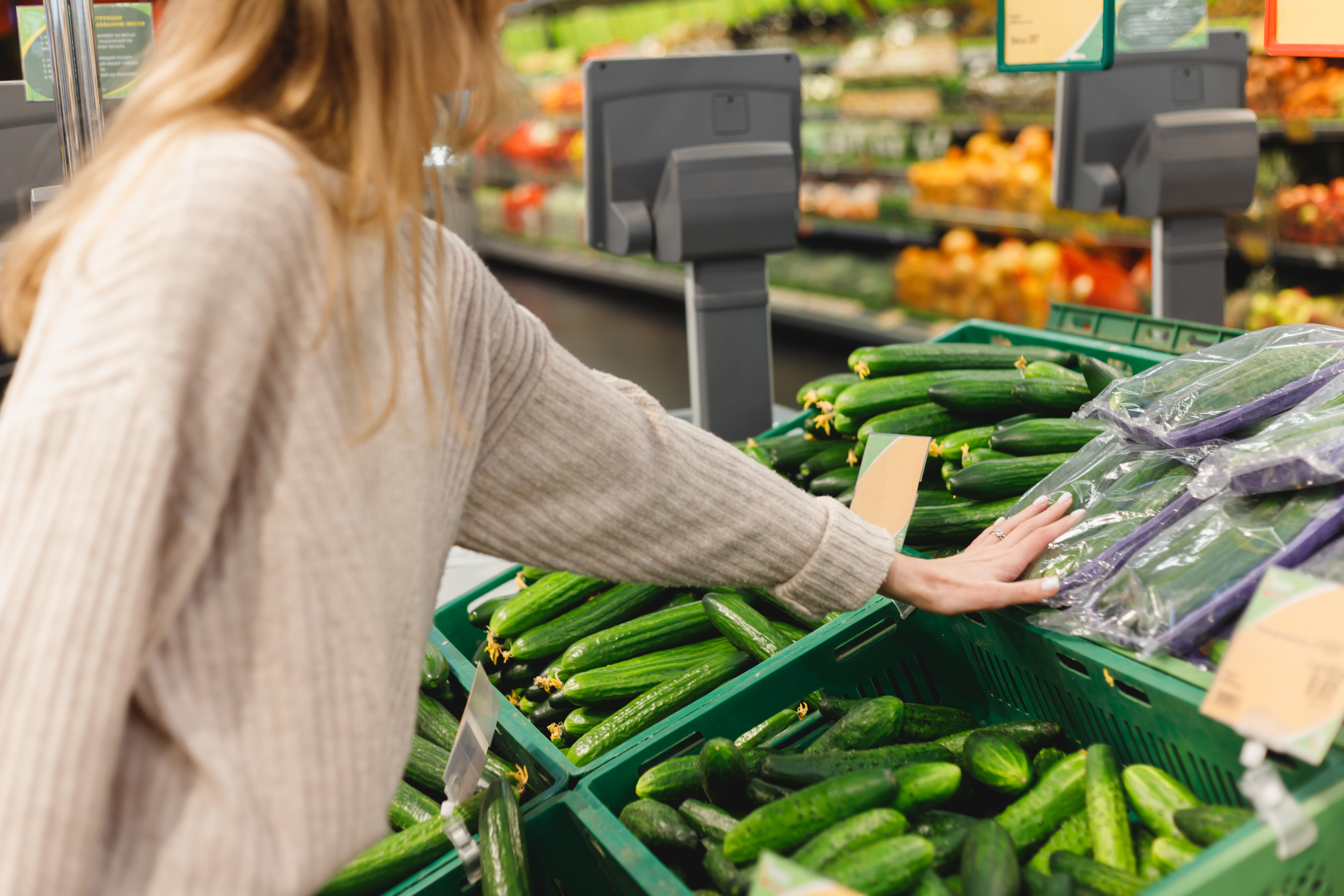
Conventional cucumbers are often coated with a petroleum-based wax to preserve freshness, which regrettably seals in pesticides already present and makes washing them off nearly impossible at home. Organic cucumbers bypass this wax treatment, making them a much safer choice. While peeling conventional cucumbers might remove some chemicals, it also strips away beneficial nutrients. For this hydrating veggie, when in doubt, buy organic.
10. Baby Food: Protecting Our Littlest Eaters

When it comes to the most vulnerable, prioritizing organic baby food is a critical step. Infants are thought to be more susceptible to the potential negative health effects of pesticides. Organic baby food ensures no modified genetics, minimal processing, and significantly reduced pesticide exposure, offering a nutrient-rich start for your little one. If store-bought organic baby food is too costly, consider making your own using organic ingredients from this list.
11. Peppers (Bell Peppers, Hot Peppers): Porous and Popular

Similar to leafy greens, peppers have thin, porous skins that readily absorb pesticides. They are often heavily sprayed to protect against a variety of pests and diseases. Whether you're enjoying bell peppers in a stir-fry or adding a kick with hot peppers, choosing organic varieties minimizes your exposure to these residues, ensuring your meal is as clean as it is flavorful.
12. Avocados: The Green Goodness with a Protective Peel
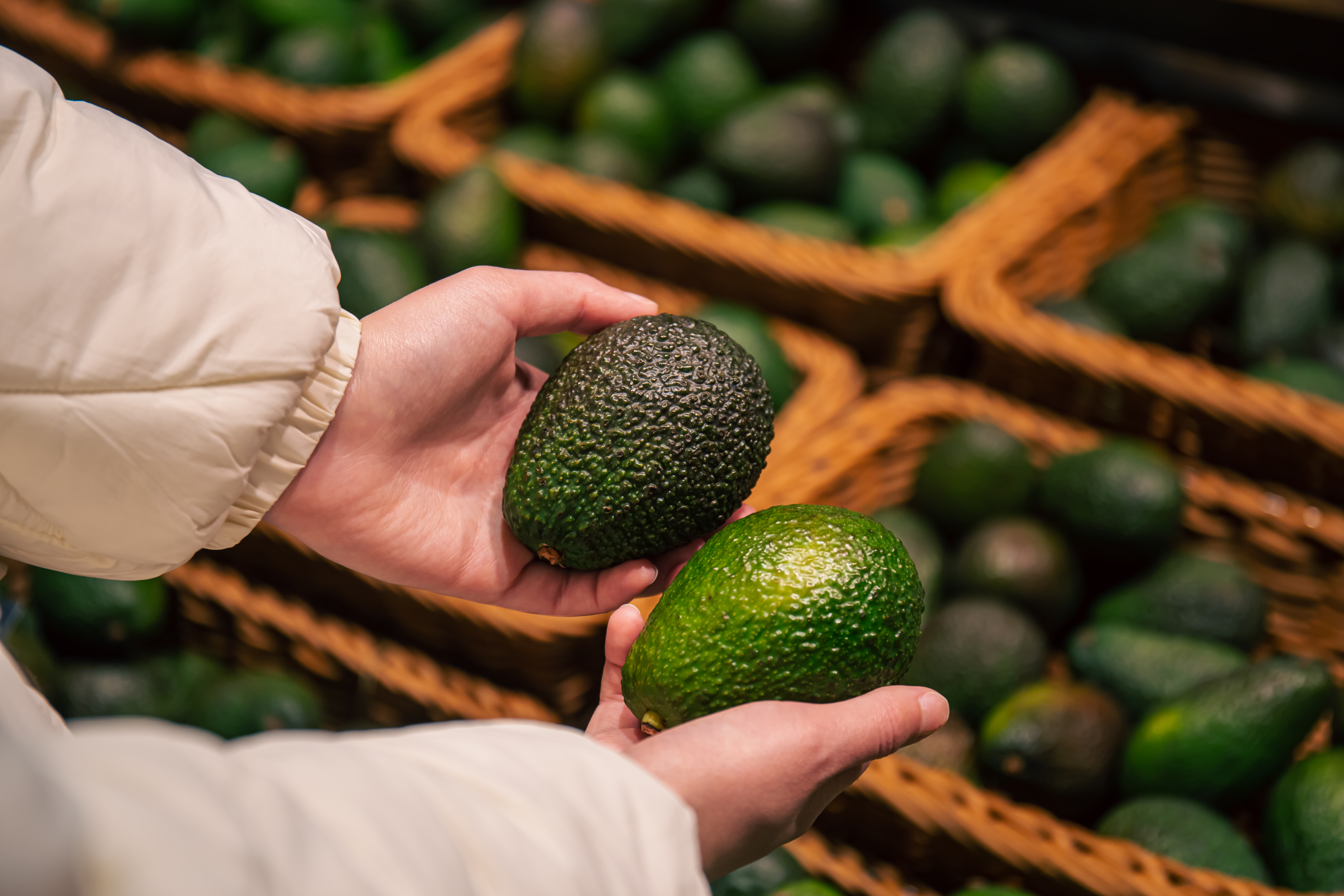
Thanks to their thick, tough skin, avocados are a superhero on the "Clean Fifteen" list. Even when pesticides are used in their cultivation, their impenetrable exterior effectively shields the creamy, nutrient-rich fruit inside. In fact, avocados consistently show fewer pesticide residues than almost any other produce tested. Given the price of organic avocados, opting for conventional is a smart and safe cost-saver for your guacamole and salads.
13. Sweet Corn: Husk-Protected Kernels
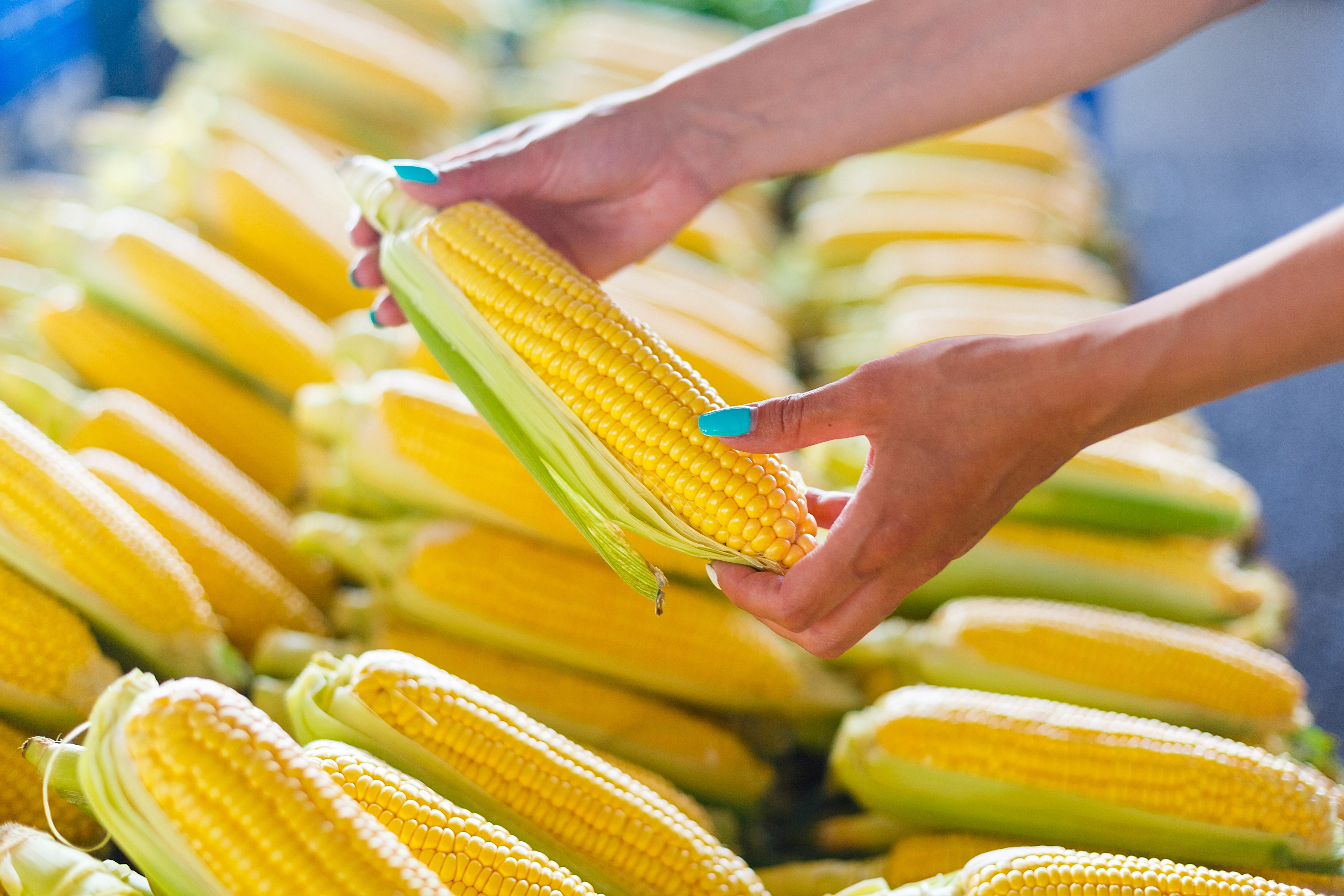
Surprise! Sweet corn is another winner on the "Clean Fifteen" list. While many corn varieties are genetically modified (which you might want to avoid by choosing organic for other corn products), sweet corn's delicious kernels are remarkably well-protected from pesticides by their thick, fibrous husk. So, go ahead and enjoy that conventional corn on the cob or add it to your salads and stews without a second thought about chemical penetration.
14. Sweet Peas: Hidden in Their Pods
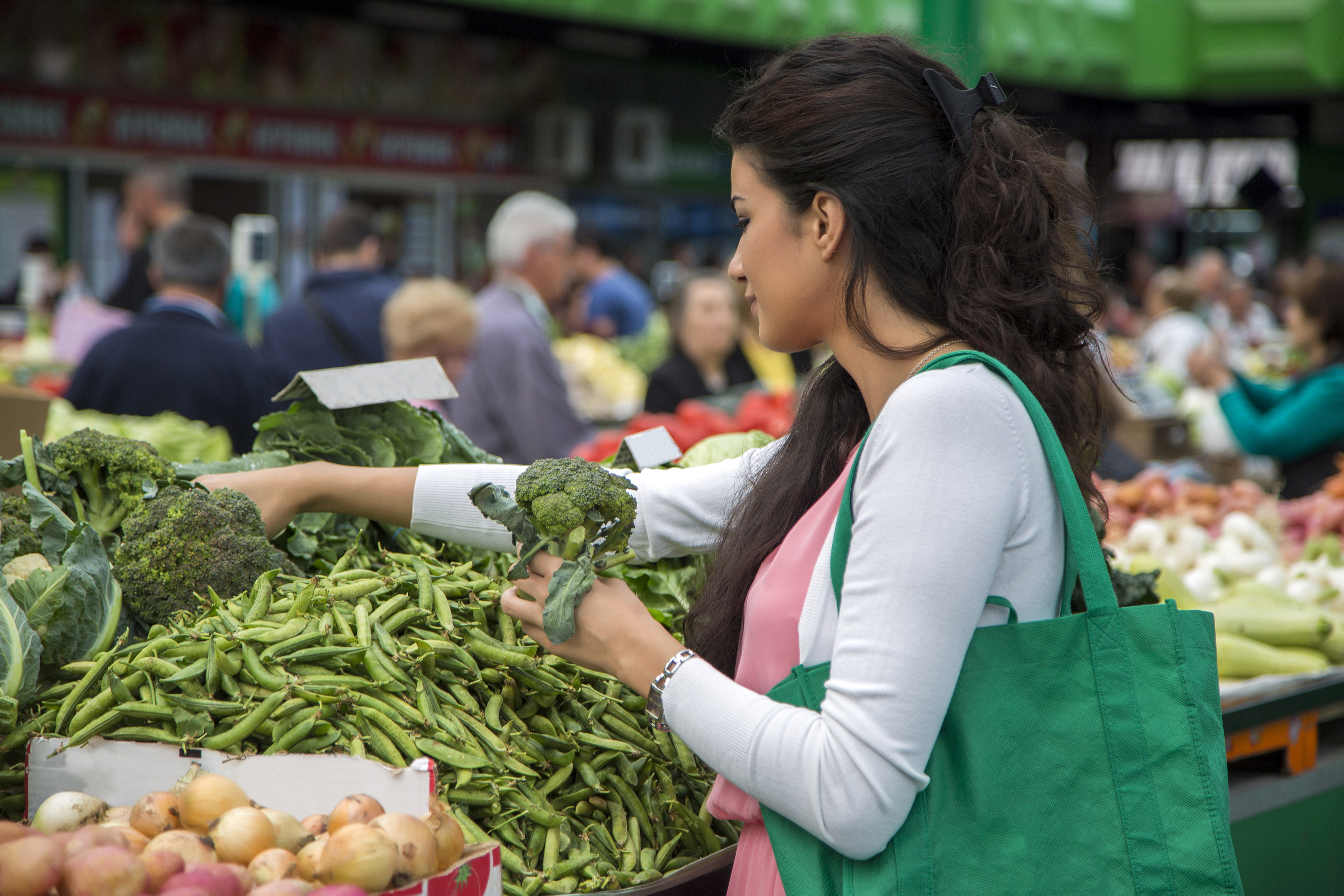
Just like sweet corn, sweet peas benefit from a natural protective barrier. Their thick outer pods act as an excellent shield, preventing pesticides from reaching the tender, flavorful peas inside. While some peas may also come from genetically modified seeds (so choose organic if GMO avoidance is a priority), for pesticide reduction, conventional sweet peas are a safe bet. Enjoy them fresh, steamed, or as a vibrant addition to any dish.
15. Cereal Grains (Oats, Rice, Wheat, Quinoa, etc.): Naturally Resilient
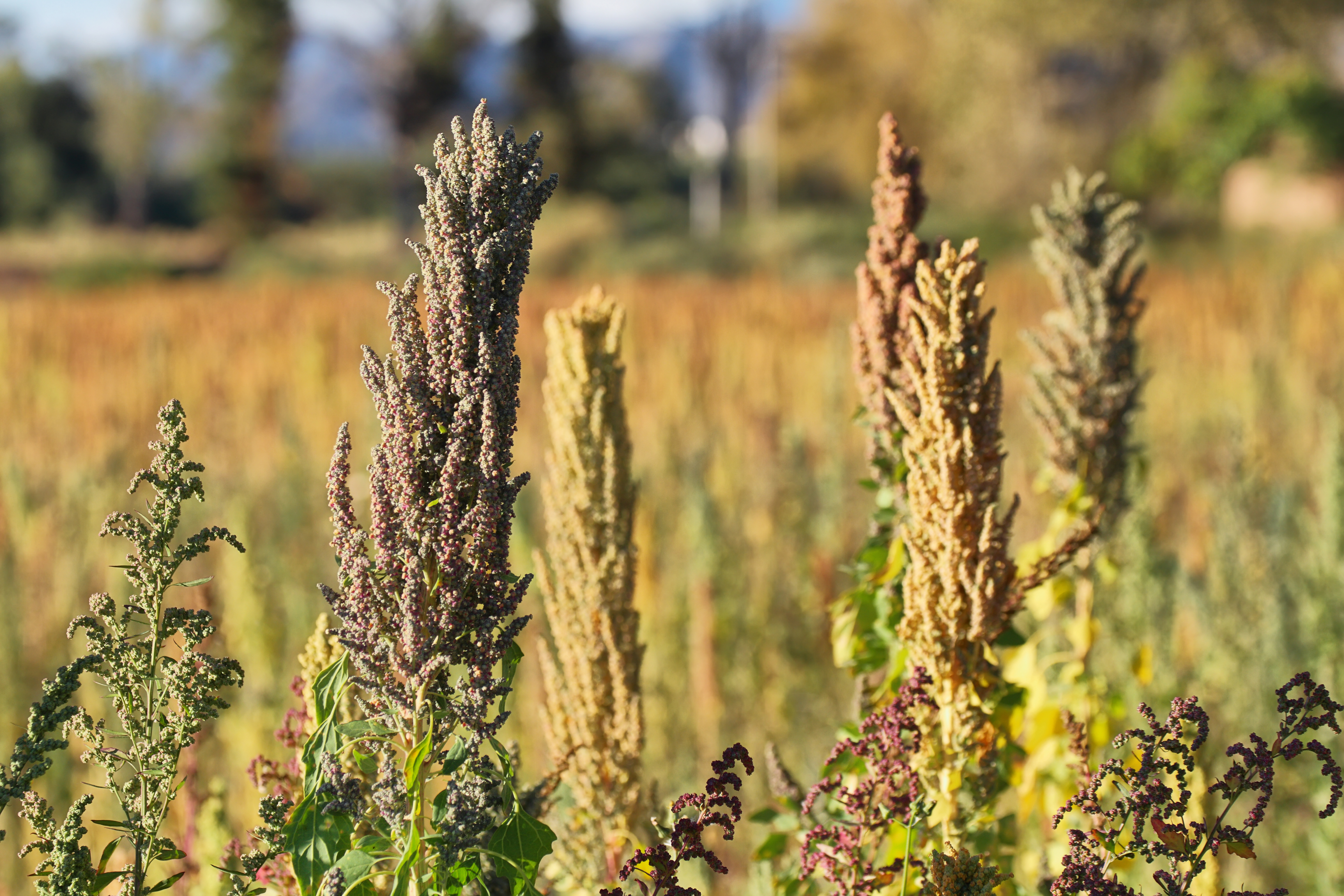
When we talk about "cereal" here, we mean whole grains, not highly processed breakfast cereals. Grains like oats, rice, wheat, barley, and quinoa are naturally resilient to pests and diseases, often requiring less chemical intervention. Quinoa, in particular, has a bitter coating (saponins) that naturally repels insects. Research indicates that purchasing organically produced raw grains isn't necessary for maximum health benefits, making them a good place to save.
16. Seafood: The "Organic" Label Doesn't Apply (Yet)
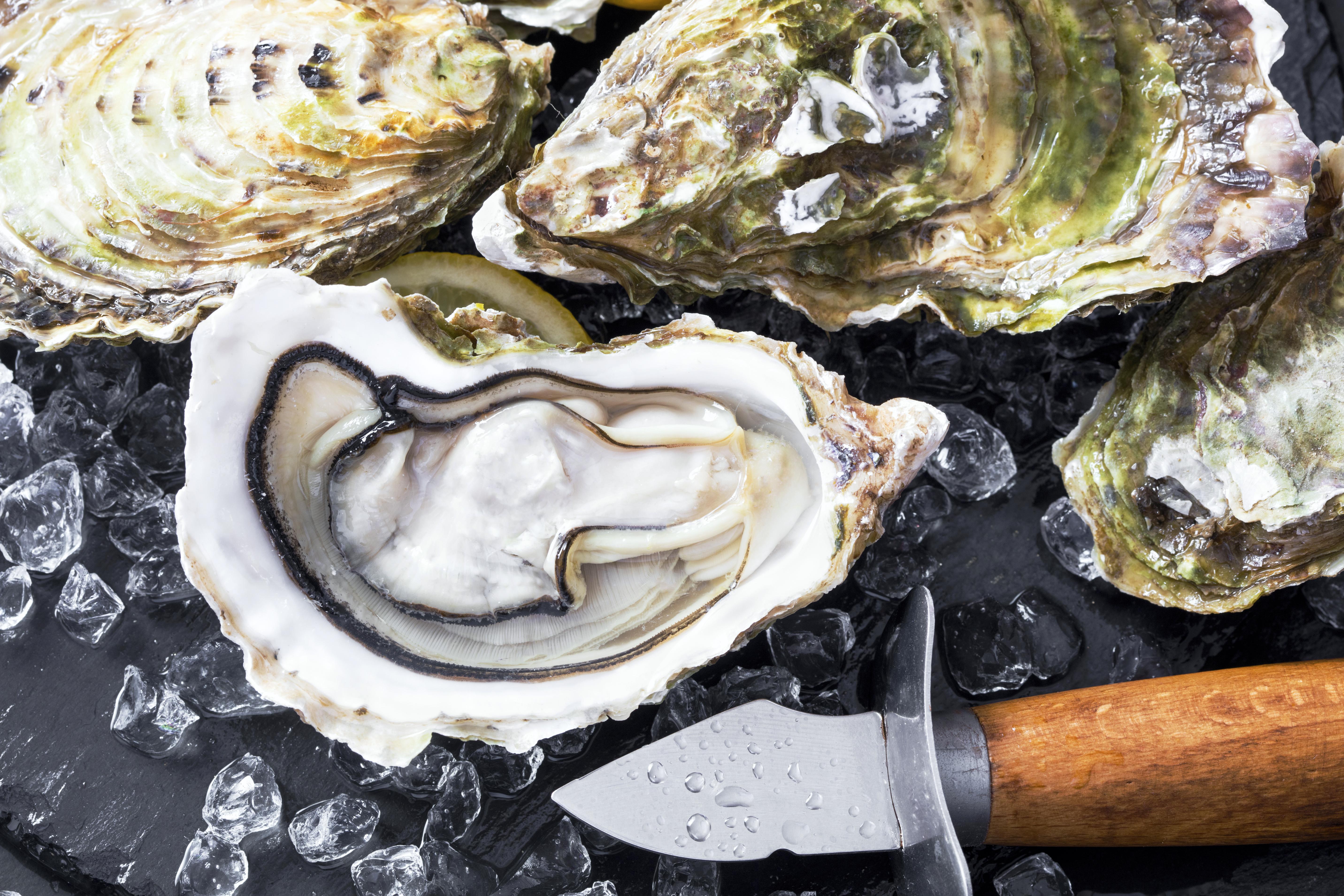
Here's a crucial point: The USDA currently has no official organic standards for fish and other seafood. This means any "organic" label you see on seafood is unregulated and likely misleading. To make healthy and sustainable choices, focus instead on seafood that is low in mercury (like tilapia, sole, and oysters) and ensure it's sourced using sustainable practices. Check resources like the Seafood Watch guide for reliable recommendations.
17. Pineapples: A Spiky Shield Against Sprays
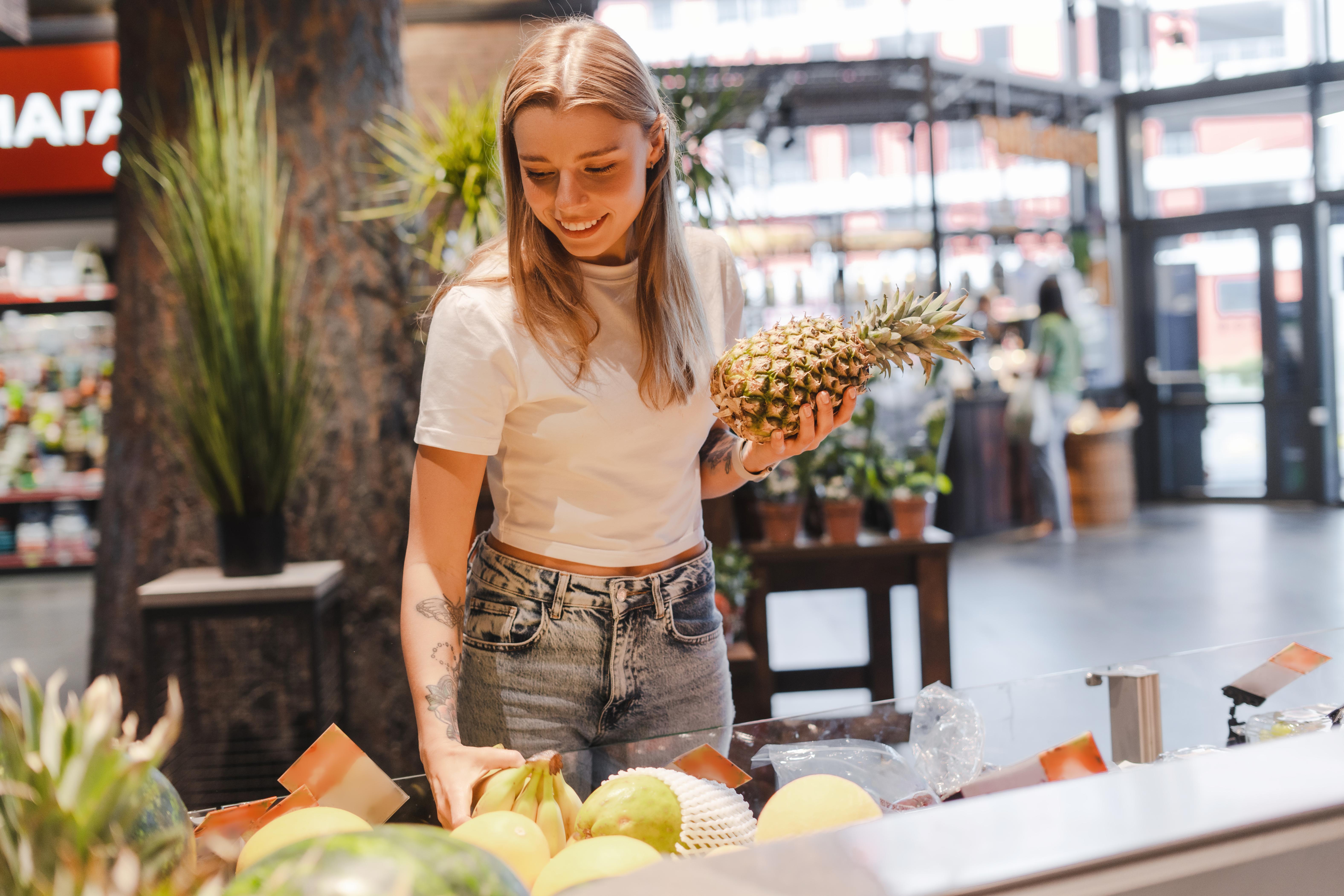
This deliciously sweet and tangy fruit boasts a formidable defense mechanism: its tough, spiky exterior. This thick skin effectively prevents agricultural pesticides from penetrating and reaching the edible golden flesh inside. Studies show that a high percentage of conventional pineapples test free of pesticide residues, earning them a spot on the "Clean Fifteen." So, you can confidently choose conventional pineapples and enjoy their tropical goodness.
18. Cabbage & Onions: Naturally Repelling Pests
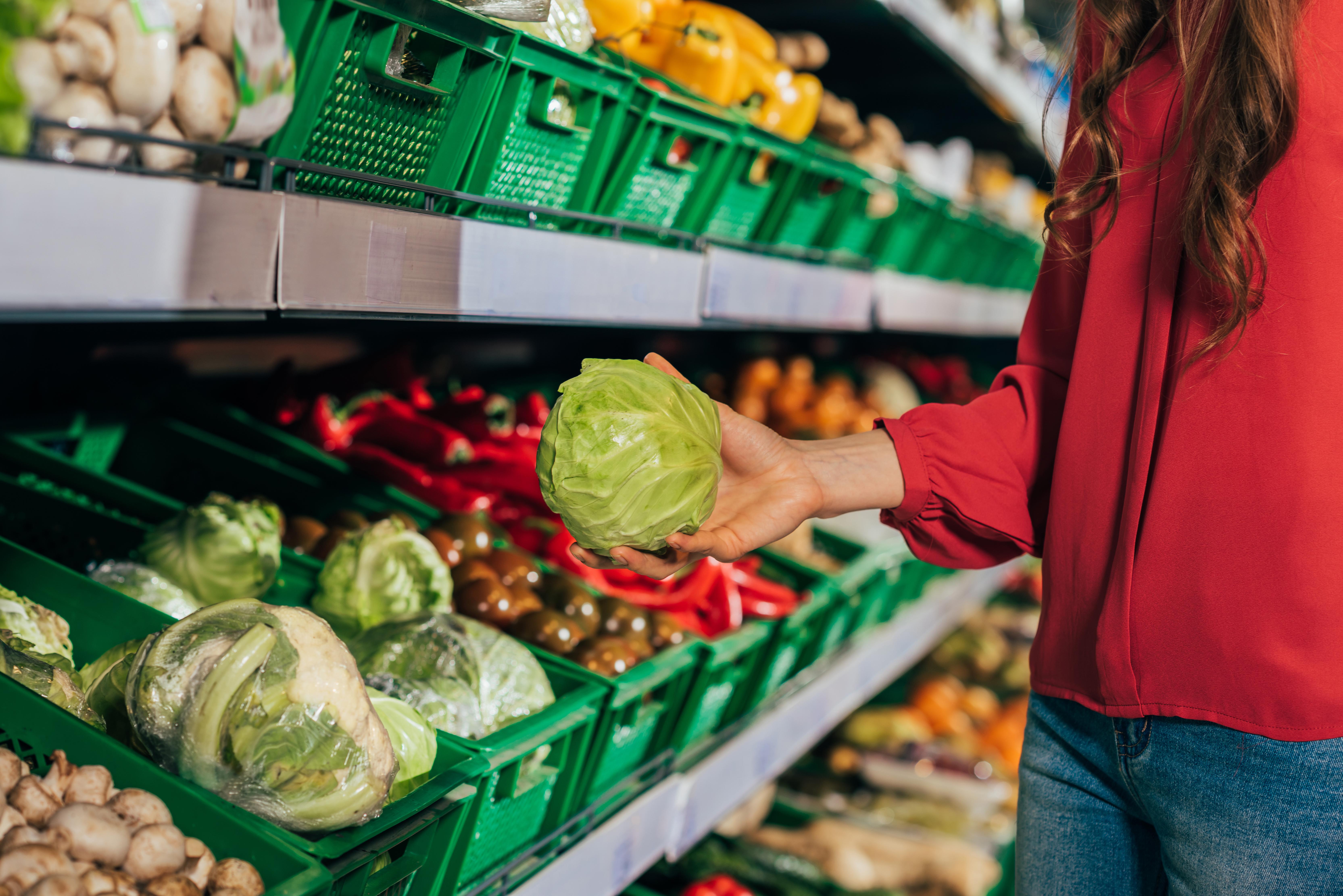
Both cabbage and onions are champions on the "Clean Fifteen" due to their inherent resistance to insects. Cabbage's dense, layered structure means its outer leaves act as a shield, protecting the inner ones from sprays. Always remove and discard the outer leaves of conventional cabbage before consuming. Onions, with their naturally pungent flavor and underground growth, effectively repel pests on their own, with nearly all tested samples showing no pesticide residue. No tears over buying conventional here!
19. Papayas: Another Thick-Skinned Protector

Similar to pineapple and avocado, papayas have a robust outer skin that acts as a natural barrier against pesticide penetration. While their vibrant flesh is packed with vitamins and enzymes, the thick rind means that any chemicals sprayed on the outside are unlikely to reach the edible portion. This makes conventionally grown papaya a safe and economical choice for your tropical fruit fix.
20. Asparagus: Quick Growers, Low Risks
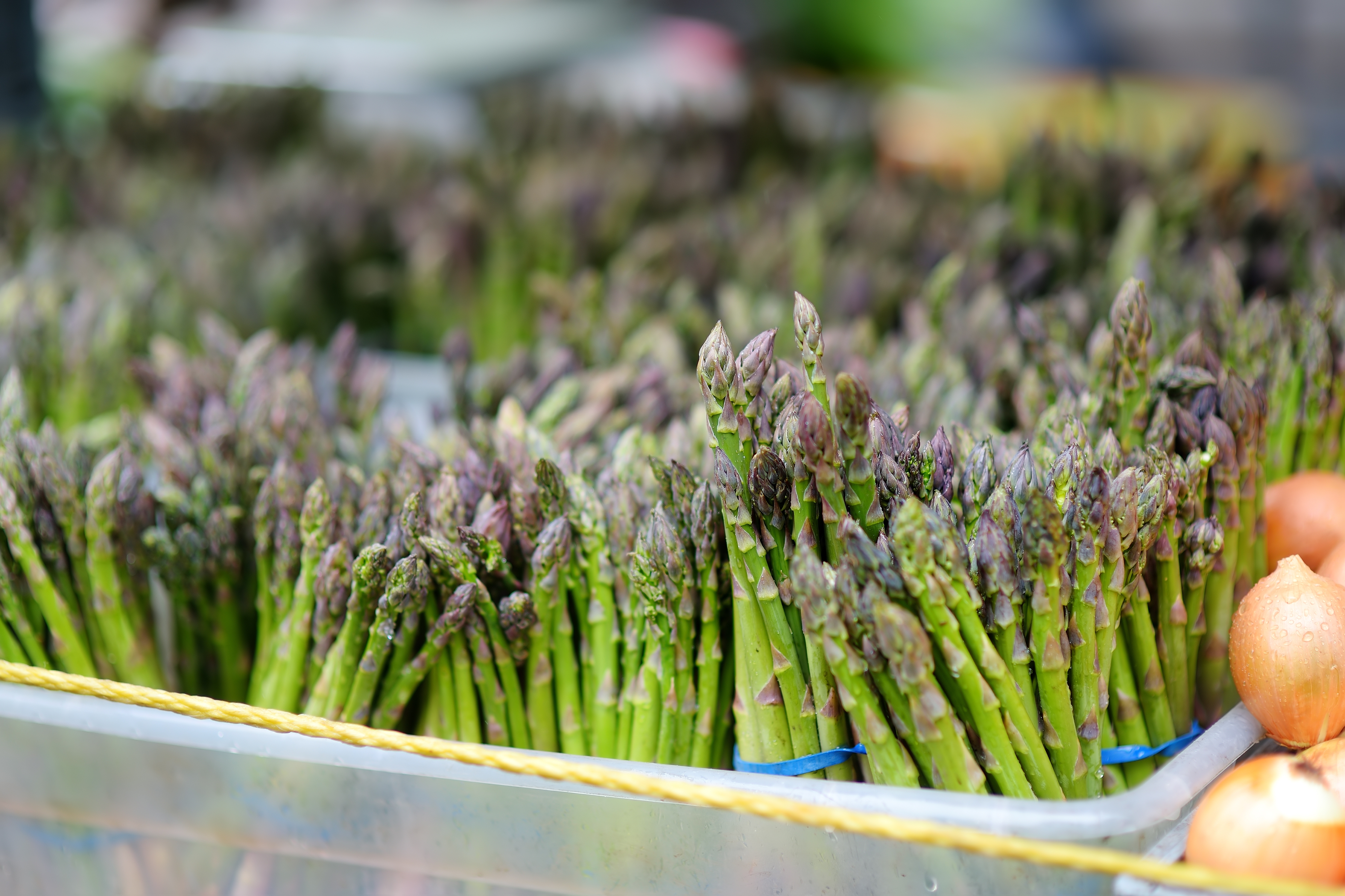
Asparagus grows rapidly and doesn't typically suffer from the same intense pest pressures as many other vegetables. This means conventional asparagus generally requires far fewer pesticide applications. Its quick growth cycle further limits exposure time. So, when you're looking for that fresh, green spring vegetable, conventional asparagus is often a safe and budget-friendly option, still packed with nutrients.
The Smart Shopper's Organic Advantage

Navigating the grocery store with a clearer understanding of "organic" doesn't just benefit your health; it empowers your wallet. By focusing your organic budget on the "must-buy" produce and animal proteins, you significantly reduce your exposure to harmful pesticide residues and antibiotics, while still enjoying the nutritional benefits of a clean diet. Conversely, knowing which foods are naturally protected allows you to confidently choose conventional options, saving money without compromise. This informed approach to organic shopping is about making conscious choices that support your well-being and a more sustainable food system, ensuring every bite is both delicious and mindful.
